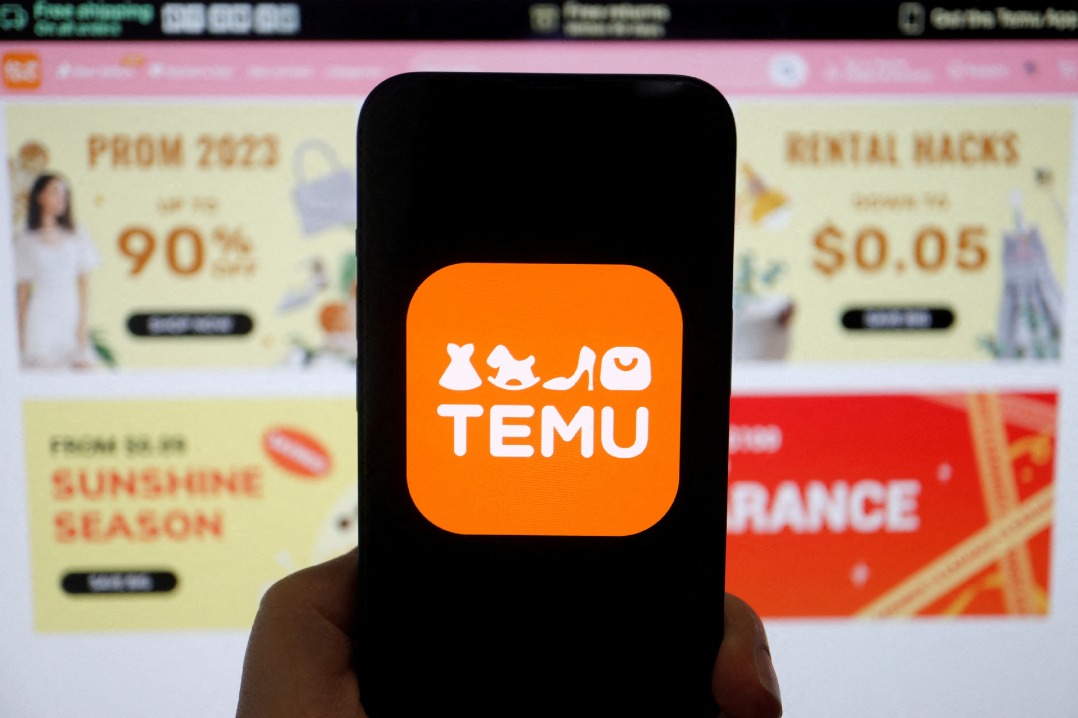FOCAC partnership gains impetus amid global challenges


The Eighth Ministerial Conference of the Forum on China-Africa Cooperation, held on Nov 29 and 30 in Dakar, Senegal, was a clear demonstration of the long-standing commitment and mutually reinforcing drive to strengthen ties between Beijing and the continent.
While the COVID-19 pandemic stopped many African and Chinese officials from traveling to Senegal for the event, the global health crisis became a rallying force for a targeted FOCAC partnership.
The announcement by President Xi Jinping that China will send 1 billion more doses of COVID-19 vaccines to Africa stands in stark contrast with the response of other countries after the discovery of the highly transmissible Omicron variant in southern Africa. As European countries and the United States rushed to slap travel bans on the affected African countries, China came forth with vaccines.
The World Health Organization has since classified Omicron as a variant of concern while African leaders and institutions have decried low vaccine access as a result of vaccine nationalism by producing countries. Only one in four health workers in Africa have been fully vaccinated, according to the WHO, while the continent's overall inoculation rate is below 7 percent.
China's vaccine assistance is therefore of great help in reaching the African Union's target of inoculating 60 percent of Africa's population by 2022. The gesture is a strong show of international synergy in fighting the pandemic and a continuation of the solid support that Beijing has extended to Africa since the onset of the pandemic.
Previously, China shipped tons of medical supplies to Africa, in addition to sending medical personnel to assist the on-the-ground response. The move to coproduce 400 million of the pledged vaccine doses on the continent will also contribute to industrialization, job creation and the strengthening of Africa's health systems.
However, the pandemic situation is not the advent of China-Africa cooperation. Long before the global health crisis, Beijing had been a strong partner in Africa's development bid, contributing over 20 percent to the continent's economic growth in the past decade. For 12 years in a row, China has been Africa's largest trade partner. To correct prevailing trade imbalances, President Xi announced additional measures that will ensure more African products gain entry to the Chinese market.
Rwanda has set a good example for African countries in the use of digital platforms and targeted marketing to accelerate agricultural produce exports to China. In the next five years, Rwandan farmers will export 50,000 metric tons of dried chili peppers valued at $500 million to China. Trade in agricultural produce promises huge potential in lifting the continent out of poverty and chronic food insecurity. Taking African stores to China through technology will provide Chinese consumers with variety and quality while also expanding market choices for African produce away from the traditional partners.
Africa has also faced a heavy strain from the deepening climate crisis, with the first climate-induced famine currently unfolding in Madagascar. The green development support for Africa, including the establishment of centers for low-carbon (solar and wind) energy, will boost climate-resilient development in Africa.
China is already Africa's lead partner in the switch to green energy. According to the International Renewable Energy Agency, between 2009 and 2018, China upgraded solar capacity in Africa from 739 to 5,500 megawatts, while wind energy installations during the same period jumped from 108 to 6,100 MW.
This year's FOCAC ministerial conference has equally proved its utility in promoting closer economic collaboration between China and Africa. The inclusion of private sector partnerships with a $10 billion credit line will spur job creation in Africa by building on the strong infrastructure outcomes of previous FOCAC events. Chinese enterprises have shown a willingness to invest in Africa, with a combined foreign direct investment portfolio of $43 billion by the end of 2020.
Many Africans worry about the prospects of economic recovery from the pandemic. Jobs have been lost and livelihoods destroyed. International financial markets have remained jittery about investing in the continent. China, as the first country to return to the economic growth path after being hit by the pandemic, has played a key role in global economic stabilization. China's decision to make $10 billion available to Africa's financial institutions will significantly narrow the continent's funding gap.
China-Africa cooperation has weathered many challenges, including toxic rhetoric and disinformation from quarters that are uncomfortable with the gains of the partnership. Promotion of closer people-to-people ties through new initiatives like youth forums, women's organizations and creative arts exchanges will further bridge the cultural divide and cement amity between the peoples of Africa and China.
The author is a Kenya-based scholar of international relations with a focus on China-Africa cooperation.





























